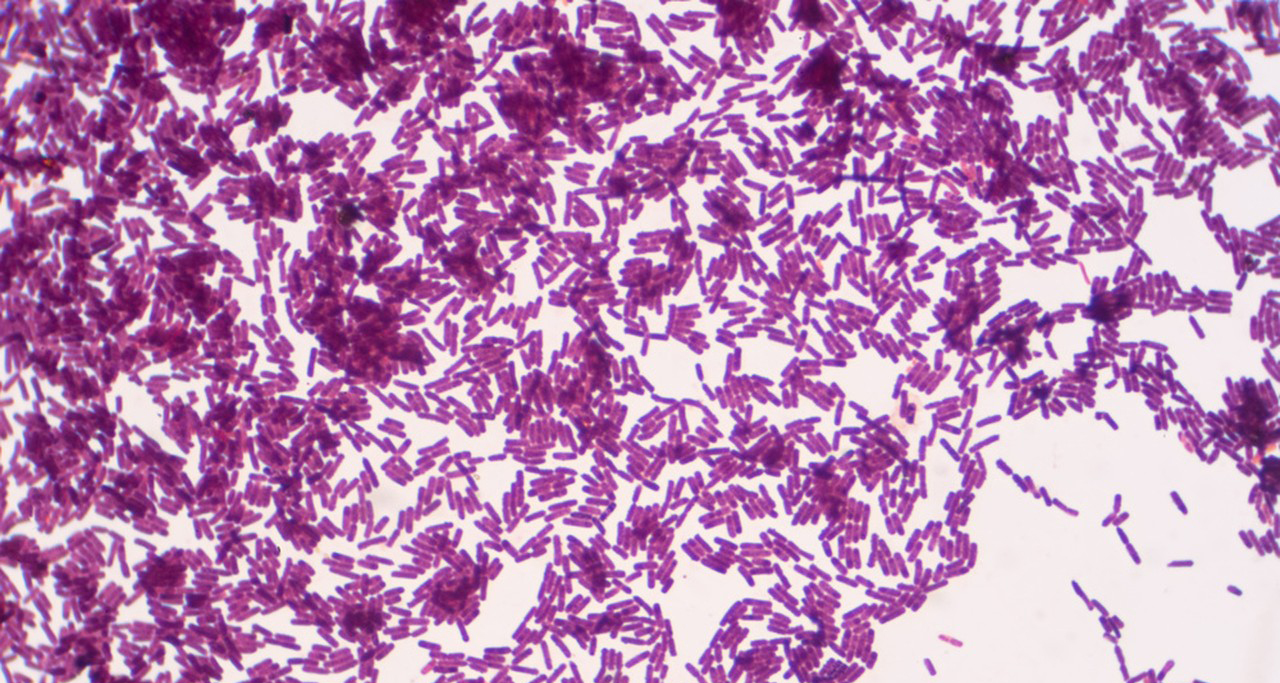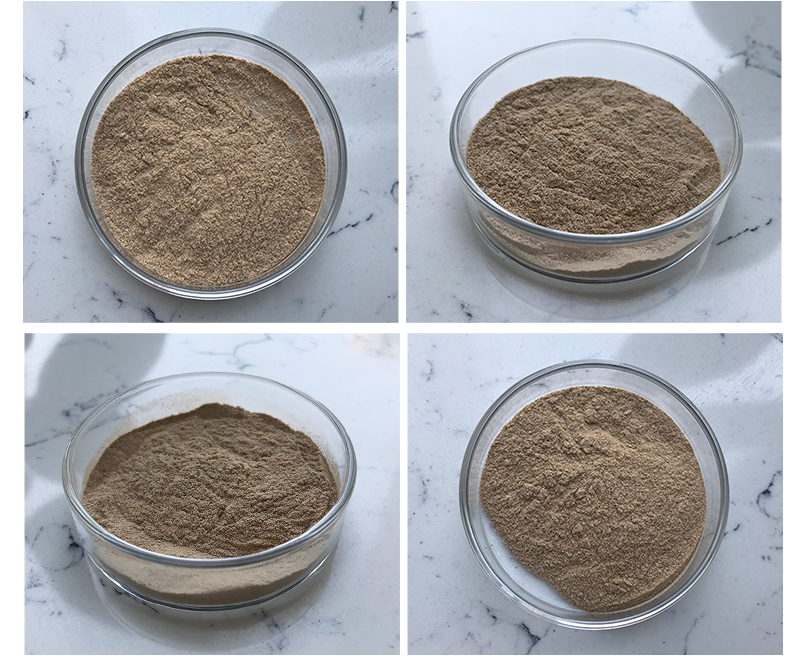Bacillus Megaterium is a Gram-positive, rod-shaped bacterium that belongs to the Bacillus genus. It is a common soil bacterium and has been extensively studied due to its potential applications in biotechnology and industrial processes. Here are some of the key chemical and physical properties of Bacillus megaterium:
1.Morphology: Bacillus Megaterium appears as large, straight or slightly curved rods (bacilli) that are typically 2 to 4 micrometers in length and 0.5 to 1.0 micrometer in width.
2.Gram staining: It is Gram-positive, which means it retains the crystal violet stain and appears purple under a microscope.

3.Spore formation: Bacillus Megaterium is capable of forming endospores, which are highly resistant structures that allow the bacterium to survive in harsh environmental conditions, such as heat, desiccation, and chemicals.
4.Oxygen requirement: Bacillus Megaterium is aerobic, meaning it requires oxygen for its growth and metabolism.
5.Motility: Bacillus Megaterium is motile, possessing peritrichous flagella that enable it to move in a liquid medium.
6.Temperature range: It can grow in a wide temperature range, typically between 10°C to 50°C, with an optimum growth temperature around 30°C to 37°C.
7.PH tolerance: Bacillus Megaterium can tolerate a broad pH range, with growth occurring in pH values from 5 to 9. The optimum pH for growth is typically neutral to slightly alkaline.
8.Biochemical characteristics: Bacillus Megaterium is catalase-positive and oxidase-negative. It ferments glucose, maltose, and some other sugars.
9.Biochemical tests: Various biochemical tests, such as the Voges-Proskauer test, nitrate reduction, and starch hydrolysis, can be performed to identify and characterize Bacillus Megaterium.
10.Production of enzymes and metabolites: Bacillus Megaterium is known for its ability to produce various enzymes, including proteases, lipases, amylases, and cellulases, which have significant industrial applications.
11.Industrial significance: Due to its versatile metabolic capabilities and ability to produce enzymes, Bacillus Megaterium is used in biotechnology and industrial processes, including the production of enzymes, biofuels, and pharmaceuticals.

It’s important to note that specific properties of bacterial strains can vary depending on the isolate, growth conditions, and genetic characteristics. For accurate and detailed information about a particular strain of Bacillus Megaterium, it’s essential to refer to scientific literature or consult with experts in the field of microbiology.
